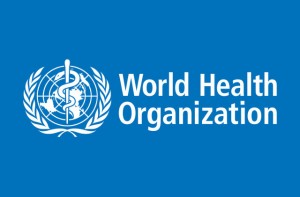World Health Day, 7 April, will focus on universal health coverage.
In this 70th anniversary year, the World Health Organization is calling on world leaders to live up to the pledges they made when they agreed the Sustainable Development Goals (SDGs) in 2015, and commit to
concrete steps to advance universal health coverage (UHC). This means ensuring that everyone, everywhere can access essential quality health services without facing financial hardship by 2030 (SDG3.8).
Today, too many people still miss out on health coverage and financial protection
* At least half the world’s people don’t receive the essential health services they need.
* About 100 million people are being pushed into extreme poverty (<$1.90 a day) because of payments for health services.
* Over 800 million people (almost 12 percent of the world’s population) spend at least 10 percent of their household budgets on health expenses for themselves, a sick child or other family member.
People are missing out on health coverage and financial protection while the global “health economy” grows faster than the global economy.
* In 2015, the world spent USD 7.3 trillion on health, representing close to 10% of global gross domestic product. Between 2000 and 2015, the annual growth rate in health expenditure was 4% while the economic growth rate was 2.8%.
* Domestic public financing is the predominant source to achieve universal health coverage. In high-income countries, government domestic funding as a share of current health expenditure rose from 66%
to 70% and in middle-income countries it rose from 48% to 51%. However, in low-income countries, the share declined, from 30% to 22%.
Universal health coverage is beneficial and already happening
Countries are approaching universal health coverage in different ways.
The World Health Day campaign illustrates some of the benefits of universal health coverage for people and nations and the role WHO plays around the world.










